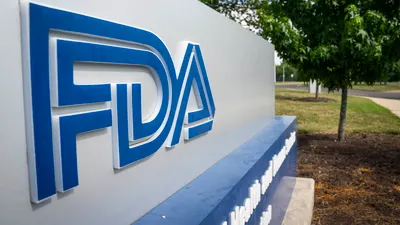FDA Advises Continued Caution in Moderna’s RSV Vaccine Trials for Infants Amid Safety Concerns

The FDA advisory committee has voiced significant safety concerns regarding the trial of Moderna's mRNA-based RSV vaccines, specifically mRNA-1345 and mRNA-1365, in infants. This concern arises from an observed imbalance in severe RSV lower respiratory tract infections among vaccinated infants and a potential reduction in the efficacy of the prophylactic antibody, Beyfortus, following vaccination[1][2]. The committee discussed the need for additional studies to further explore these safety signals and emphasized the importance of monitoring immune responses without completely halting the trials[3]. The partial pause affects trials involving children under two, with an emphasis on gathering more data to fully understand these safety implications as Moderna continues facing competition from companies like GSK and Pfizer in the RSV vaccine market[2][4].
References
Explore Further
What specific safety signals has the FDA advisory committee identified in Moderna's RSV vaccine trials for infants?
How does the FDA's partial pause on Moderna's pediatric trials impact the timeline for potential approval of their RSV vaccines?
What measures are being put in place to ensure the collection of sufficient safety data in the ongoing Moderna RSV vaccine trials?
How does Moderna plan to address the challenges posed by competitors GSK and Pfizer in the RSV vaccine market?
What are the implications of the safety concerns in Moderna's RSV trials for future vaccine development strategies?